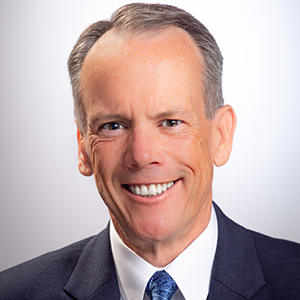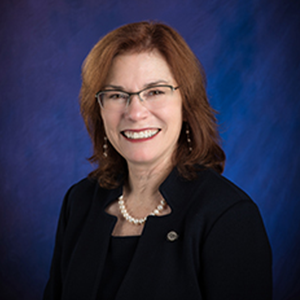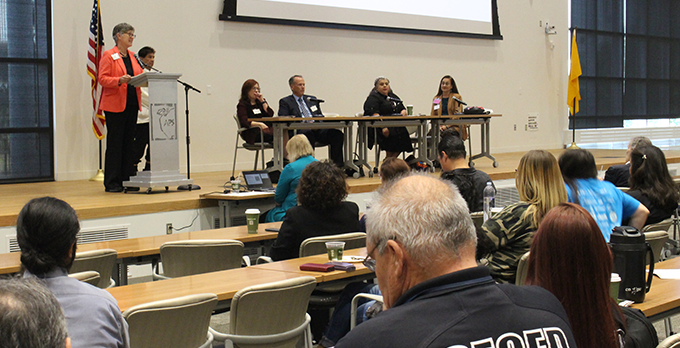A crucial summit, organized by the Homeless Coordinating Council, gathered experts and stakeholders to address the intertwined challenges of mental health and substance use disorders, commonly referred to as a dual diagnosis. Health care professionals, community leaders, and advocates for the inaugural Dual Diagnosis and Recovery Summit met for thoughtful, solutions-focused conversations on Sept. 11, 2024, sponsored by The University of New Mexico Health Sciences Center, City of Albuquerque, Bernalillo County, Albuquerque Public Schools, and the Veterans Association.
The summit opened with remarks from Commissioner Adriann Barboa, Bernalillo County D-3, and Mauricio Tohen, MD, DrPH, MBA, Distinguished Professor and Chairman of the Department of Psychiatry and Behavioral Sciences at the UNM School of Medicine. Their welcome was followed by a land acknowledgement and blessing led by Chenoa Bah Stilwell-Jensen, PhD, a senior project manager at the UNM Health Sciences Center, with musical accompaniment by community member Brian Harvey of the Diné people and Navajo nation. Setting a reflective tone for the day, local poet Carlos Contreras performed a moving piece, reminding attendees of the deep emotional impacts these issues can have on individuals and communities and how expression through art can be a healing force.
Strategic Priorities in Behavioral Health
Mike Richards, MD, MPA, Interim Executive Vice President of UNM Health Sciences and CEO of the UNM Health System, underscored the importance of the summit’s goals, highlighting the university's dedication to expanding behavioral health services across New Mexico.
The demand for this health care exceeds the capacity of our current system. The most effective health care delivery system is one that meets patients not just in hospitals and clinics, but in the communities where they live.
As part of the strategic focus, Richards spoke of UNM's innovative research and programs, such as the Fetal Alcohol Spectrum Disorders Research Program and the Interdisciplinary Substance Use and Brain Injury Research facility. He praised the collaborative efforts of partnerships calling them vital to building a network of care that spans the continuum of services needed to treat dual diagnosis patients.
Breakout Sessions Address Key Challenges
Summit attendees participated in several breakout sessions, each addressing critical aspects of dual diagnosis care. Sessions covered topics such as: Trauma and Substance Use Disorder: The Complex Intersection, Understanding Veteran Homelessness, and Cultural Integration in Recovery.
These discussions fostered dialogue on how trauma, cultural influences, and social issues like homelessness intersect with mental health and substance use disorders, shaping the way services must be delivered.
Community Leadership and Partnership
Gilbert Ramírez, MSW, the City of Albuquerque’s Health, Housing, and Homeless Director, spoke passionately about the collaborative efforts needed to reduce barriers to care.
"The Dual Diagnosis Summit represents a crucial advancement in our commitment to providing exceptional care for everyone in our community," Ramírez stated. "Our department is wholeheartedly dedicated to actively reducing barriers by ensuring comprehensive, integrated care that addresses both mental health and substance use issues simultaneously."
His remarks emphasized a shared commitment to creating a compassionate environment that empowers individuals on their recovery journey.
A Call for Action and Innovation
UNM Hospital CEO Kate Becker also highlighted the ongoing work within the UNM Health System, particularly the opening of the Behavioral Health Crisis Center in partnership with Bernalillo County, which serves as a vital community resource.
"From July 2023 to July 2024, we saw a 30% increase in patients seeking behavioral health crisis services," Becker said. “At UNM Hospital, we know how important this type of work is. It’s something we focus on every day. Providing 24-7 behavioral health care services is a large part of how we help to meet our community’s increasing need. The community depends on us and our partners across the city and state to provide the best care possible for patients.”
Becker’s remarks illustrate the increasing need for integrated care facilities. She further mentioned the importance of expanding care models, such as incorporating behavioral health services into primary care clinics, and shared news of the upcoming Comprehensive Community Behavioral Health Center.
UNM President Garnett Stokes reflected on the University's global role in the community.

As an academic institution, we are committed to seeking solutions and best practices to address dual diagnosis. This summit gives us an opportunity to learn about what’s being done to serve those with a dual diagnosis, to share stories, and to make the connections needed to improve the lives of everyone in our community.
The Dual Diagnosis and Recovery Summit marked an important step in addressing the complex needs of individuals facing both mental health and substance use disorders, while fostering partnerships that are essential to building a stronger, more compassionate system of care in New Mexico. The conversations held in the summit aim to lead to solutions for New Mexicans most in need.
